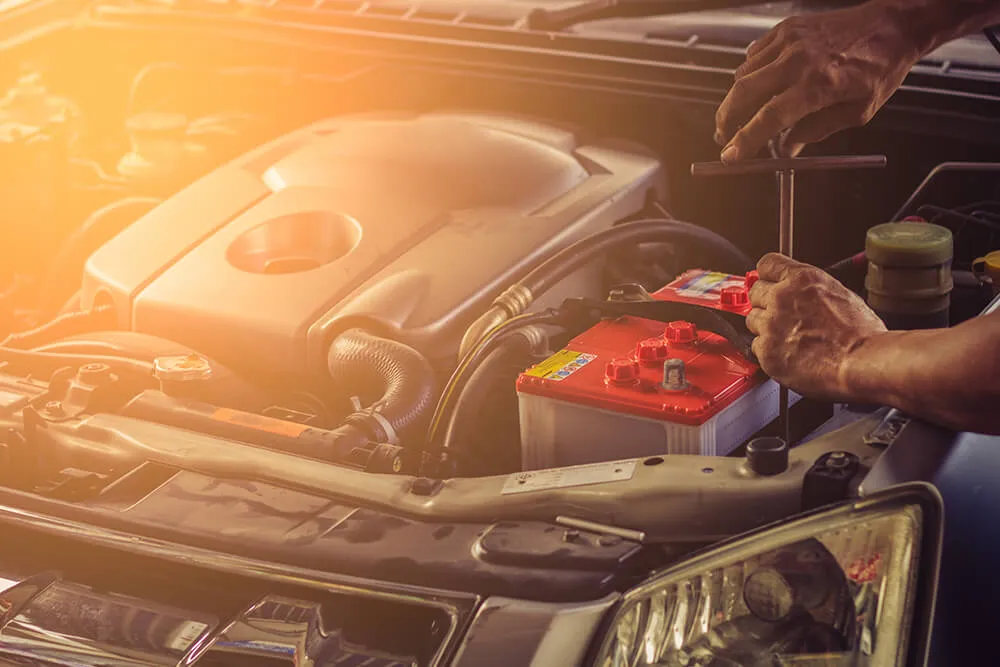As the temperatures drop during the winter months, car owners need to pay special attention to their vehicle’s battery to prevent unexpected failures. Cold weather can significantly impact the performance of car batteries, causing them to lose power and even fail completely. In this article, we will discuss the importance of battery maintenance in cold weather and provide valuable tips to help car owners prevent battery failure.
Understanding the Impact of Cold Weather on Car Batteries
Cold weather can take a toll on car batteries for several reasons:
- Reduced Chemical Reactions: Cold temperatures slow down the chemical reactions inside the battery, making it harder for the battery to generate power.
- Thickening of Engine Oil: In cold weather, engine oil thickens, which can make it more difficult for the engine to start. This puts additional strain on the battery.
- Increased Power Requirements: During the winter months, the vehicle’s heating system, lights, and other accessories are used more frequently, increasing the demand for power from the battery.
Tips for Preventing Battery Failure in Cold Weather
To avoid being stranded with a dead battery in the middle of winter, car owners should follow these battery maintenance tips:
1. Keep the Battery Terminals Clean:
Corrosion on the battery terminals can impede the flow of electricity, leading to poor battery performance. Regularly clean the battery terminals with a wire brush and battery cleaning solution to ensure a good connection.
2. Check the Battery’s State of Charge:
Before the cold weather sets in, have your battery tested by a professional to determine its state of charge. A weak battery may need to be replaced to prevent issues in the winter.
3. Park your Car in a Garage:
Whenever possible, park your car in a garage to protect it from the extreme cold. A warmer environment can help the battery perform better in cold weather.
4. Limit Short Trips:
Short trips do not give the battery enough time to fully recharge. Try to combine errands into one trip to give the battery a chance to recharge properly.
5. Use a Battery Insulation Kit:
In extremely cold regions, consider using a battery insulation kit to help retain heat and maintain the battery’s performance in frigid temperatures.
6. Install a Battery Warmer:
For added protection in severe cold, install a battery warmer that can be plugged in to keep the battery at an optimal temperature for starting the vehicle.
7. Turn Off Accessories Before Shutting Off the Engine:
Before turning off the engine, make sure to turn off all accessories like the radio, lights, and heating system. This reduces the load on the battery when starting the car again.
8. Drive the Vehicle Regularly:
Regular driving allows the alternator to recharge the battery. If you have a vehicle that is not driven often, consider using a trickle charger to maintain the battery’s charge.
Final Thoughts
Taking proactive steps to maintain your car’s battery in cold weather can help prevent unexpected failures and ensure that your vehicle starts reliably throughout the winter. By following the tips outlined in this article, you can keep your battery in good condition and avoid the hassle of dealing with a dead battery in freezing temperatures. Remember, a well-maintained battery is essential for a trouble-free winter driving experience.


